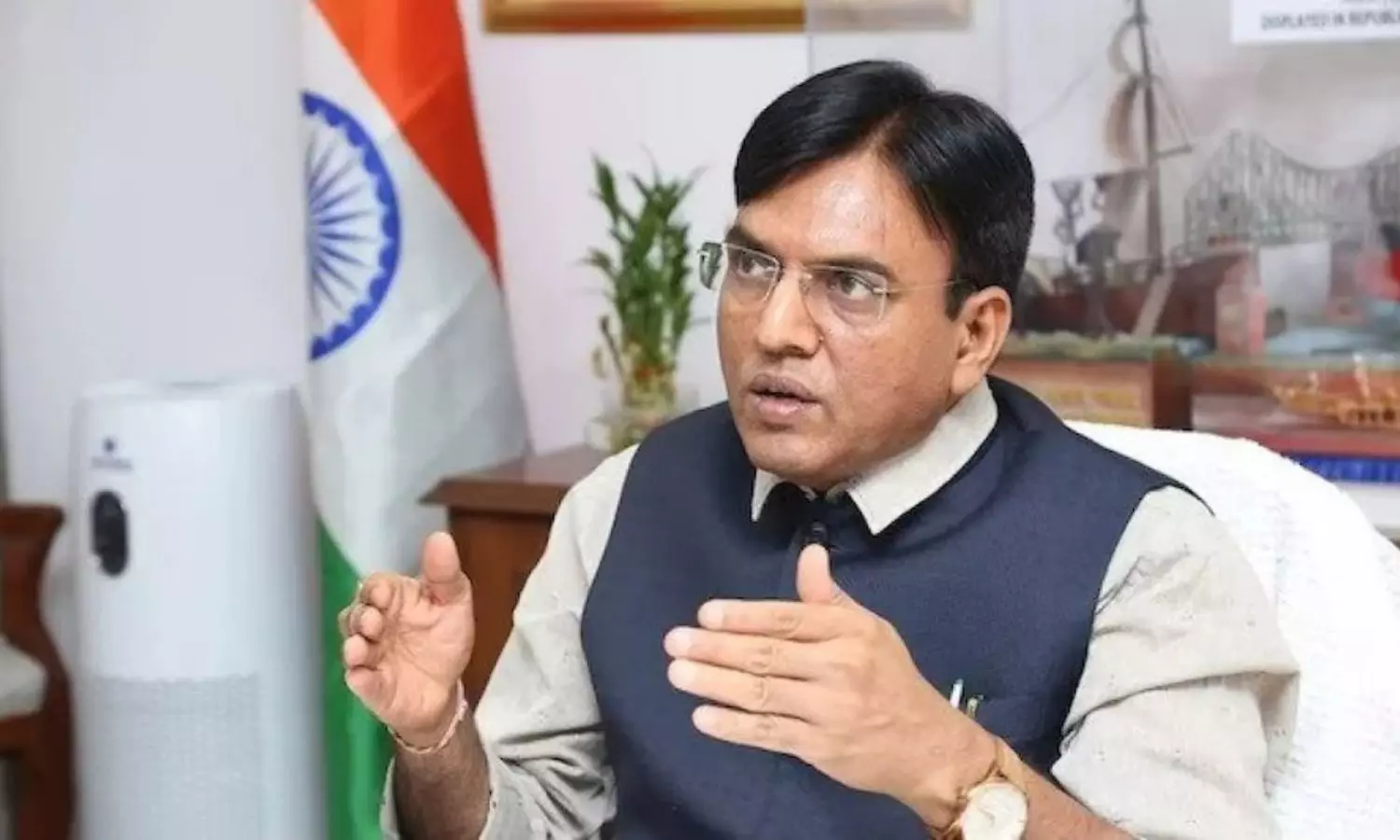News
Corporate ‘talent poaching’ sparks tension at Khelo Bharat Conclave
Olympic medallist and Indian Olympic Association vice president Gagan Narang advocated for linking funding to measurable performance metrics.

Sports minister Mansukh Mandaviya. (File photo)
The Union Sports Minister, Mansukh Mandaviya, has called on all National Sports Federations (NSFs) to submit detailed five-year plans by the end of August.
The announcement came during the inaugural Khelo Bharat Conclave held in New Delhi on Thursday, which brought together top officials, sport administrators, and stakeholders from across the country.
Mandaviya underlined the government’s vision to elevate India into the top 10 sporting nations by the 2036 Olympics — which India aims to host — and eventually into the top five by the country’s centenary year in 2047. “To begin with, I urge the NSFs to provide me a five-year policy by August, and then we can develop a 10-year plan,” the minister said, outlining a long-term roadmap.
The Conclave saw wide-ranging discussions on governance, athlete development, and structural reforms. Among the ideas presented were performance-based funding, enhanced sports tourism, and even gene-testing for talent identification.
Olympic medallist and Indian Olympic Association vice president Gagan Narang advocated for linking funding to measurable performance metrics. “Incentives must be tied to quantifiable achievements,” a ministry official quoted to PTI, Narang as saying.
All India Football Federation (AIFF) president Kalyan Chaubey floated a controversial but futuristic idea — genetic testing to identify the most suitable sport for young athletes based on physical and biological markers. While still debated globally, gene-testing can potentially assess muscle strength, endurance, and oxygen uptake, aiding early talent direction.
Another key highlight was a three-tiered talent development structure starting from school-level residential programs involving over 16,500 students, narrowing down to 6,500 in the intermediate category, and eventually training 1,300 elite athletes through Olympic Training Centres.
The minister also stressed the importance of federations resolving disputes internally rather than involving international bodies, signaling the government’s desire for more streamlined and autonomous governance.
Not all voices in the room were in agreement, however. The Wrestling Federation of India expressed dissatisfaction over the growing influence of corporate bodies in athlete management. “They conveyed that these corporates are bypassing federation plans and luring away talent they have nurtured,” a source familiar with the discussions revealed to PTI.
The conclave served as both a stock-taking exercise and a forward-looking brainstorming session to lay the foundation for India’s Olympic and sporting aspirations over the next two decades.

